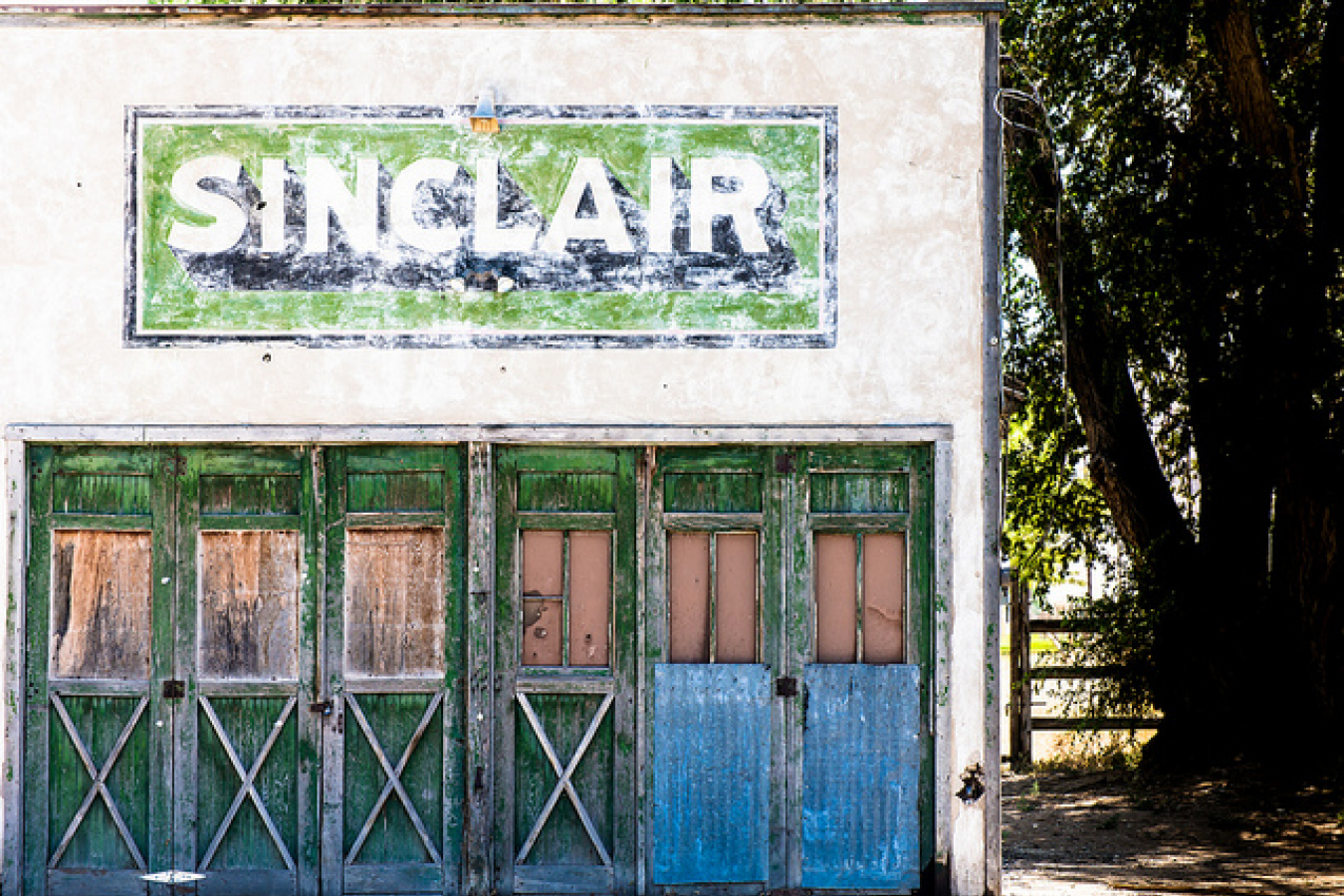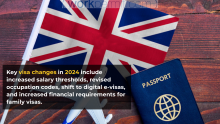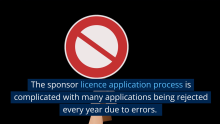Support migrant centric journalism today and donate

Last week, a report was released claiming that the H-2B work visa fuelled illegal immigration in the United States. This week, workpermit.com brings you the US Department of Labor's positive look at the same visa program.
In a move that was lobbied for by many large and understaffed American employers, the US Department of Labor (DOL) and the Department of Homeland Security (DHS) announced recently proposed changes to its H-2B work visa application process.
These changes would streamline the current burdensome process for filling short-term jobs that Americans cannot, will not or do not have the skills to fill—making it more responsive to urgent workforce needs while maintaining appropriate labor market and security safeguards.
Under the H-2B program, employers seek temporary non-immigrant foreign workers only after determining that qualified American workers are not available. The Department of Labor's new responsibility would be to conduct audits of certain approved H-2B petitions. These audits would examine whether employers have complied with labor market tests, including appropriate recruitment efforts for American workers.
Under the proposed one-step process, most employers would file their labor certification directly with the Department of Homeland Security after recruiting for American workers.
"This is a thoroughly positive move by Labor and Homeland Security. It brings qualified international workers into the US market, but does not displace American workers" notes author Sacha DeVoretz, who's new book, How to Get a Job in the USA…TODAY! was just published. DeVoretz, a member of the National Employment Counseling Association —USA, is enthusiastic about the changes, and she sees them as a victory for international applicants, too. "This somewhat restores the equity and ability for the skilled foreign labor pool to apply their trade skills in the United States again, since the US government cut back on such employment permits after September 11."
Changes like those proposed by the DOL and DHS still come with a form of those heightened security measures—such as thorough background checks during the application process—but there is also safeguards proposed to be in place to protect all workers from deceitful employers looking to take advantage of the system.
If, after a DOL audit, an employer is found to have misrepresented a material fact or made fraudulent statements, failed to comply with their attestations, or failed to cooperate in the audit process, the Labor Department would have the authority to bar a company from filing H-2B petitions with the Department of Homeland Security for up to three years.
All in all, these positive changes are what business lobbyists and US government lawmakers were pushing for: to undo some of the more restrictive immigration policies US President George Bush's cabinet put in place during their first term in power. Last year, as part of the controversial $388 billion Omnibus Appropriations Bill that was passed by the United States Congress, both legislative Houses passed a new legislative measure to provide an additional 20,000 H-1B work visas, and once again open the hotly contested H-1B Work Visa gate. The additional 20,000 visas are to be reserved specifically for International Students in American universities with Master's or Doctorate degrees, and will benefit thousands of International students who are either waiting in American campuses or back at home.
Those visas are to be treated as an exemption from the current cap of 65,000 visas, the supply of which was exhausted on the very first day they were available last October.
"A new, one-step process envisioned by these proposed changes will fill temporary gaps in the American workforce and let labor markets function more effectively for short-term employment needs," said Emily Stover DeRocco, Assistant Secretary of Labor for Employment and Training. "Since most of these jobs are seasonal and short-term in nature, they need to be filled quickly."
DeVoretz offers that foreign workers should not wait for American employers to warm up to the opportunities of the new regulations, but instead be prepared to go straight to US companies and cities where their job skills are most needed—and sell their services based on the new H-2B allocations.
"H-2B is a long process, so this is the perfect time to be doing the ground work. The earlier you get started on your American job search, the more opportunity an overseas worker will find. The relaxation of some of the regulations is a great beginning for everyone, but the applicant still really has to know how to best present themselves and their skills to a potential H-2B American employer. That's what will get you the job."




















